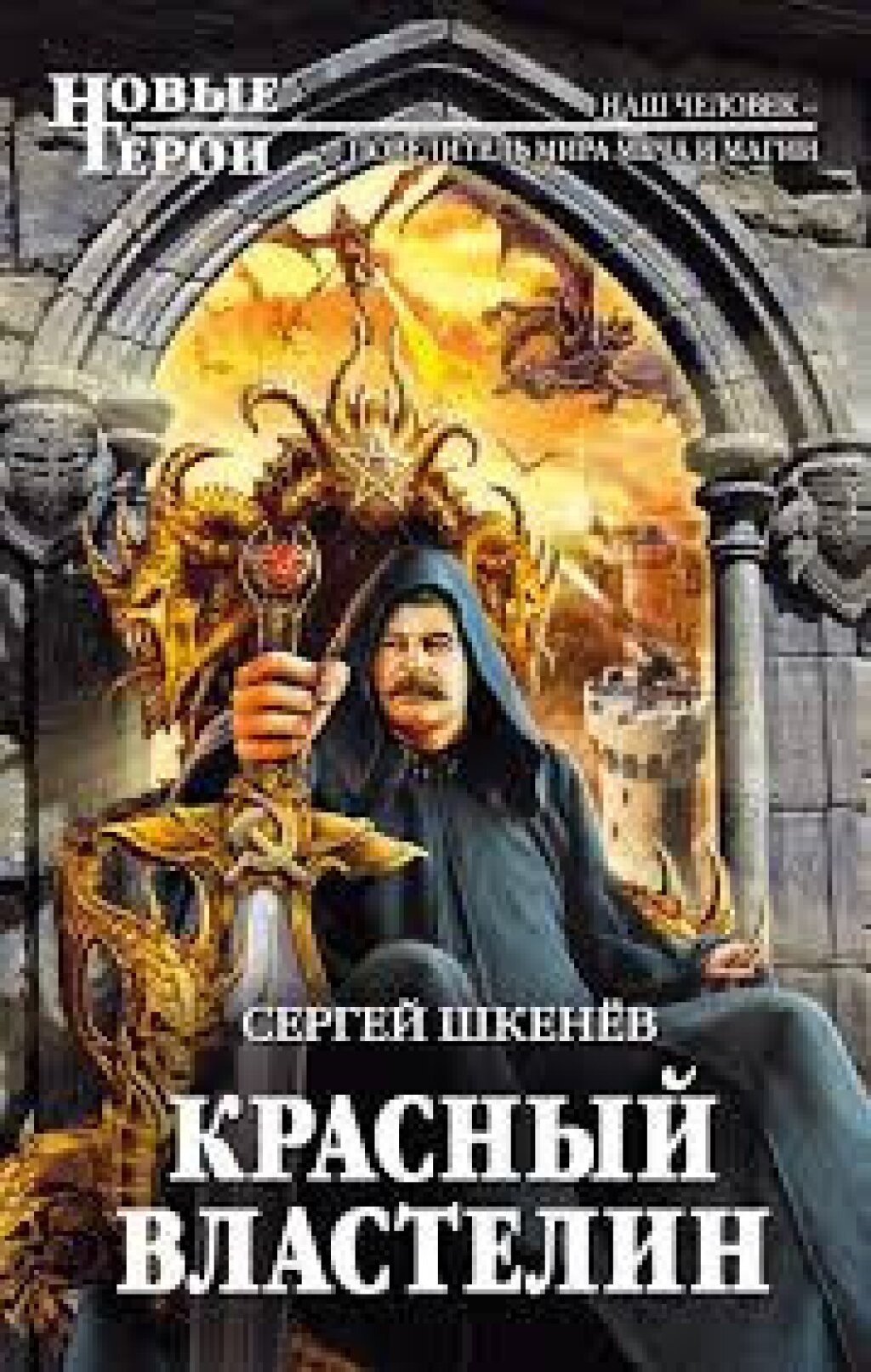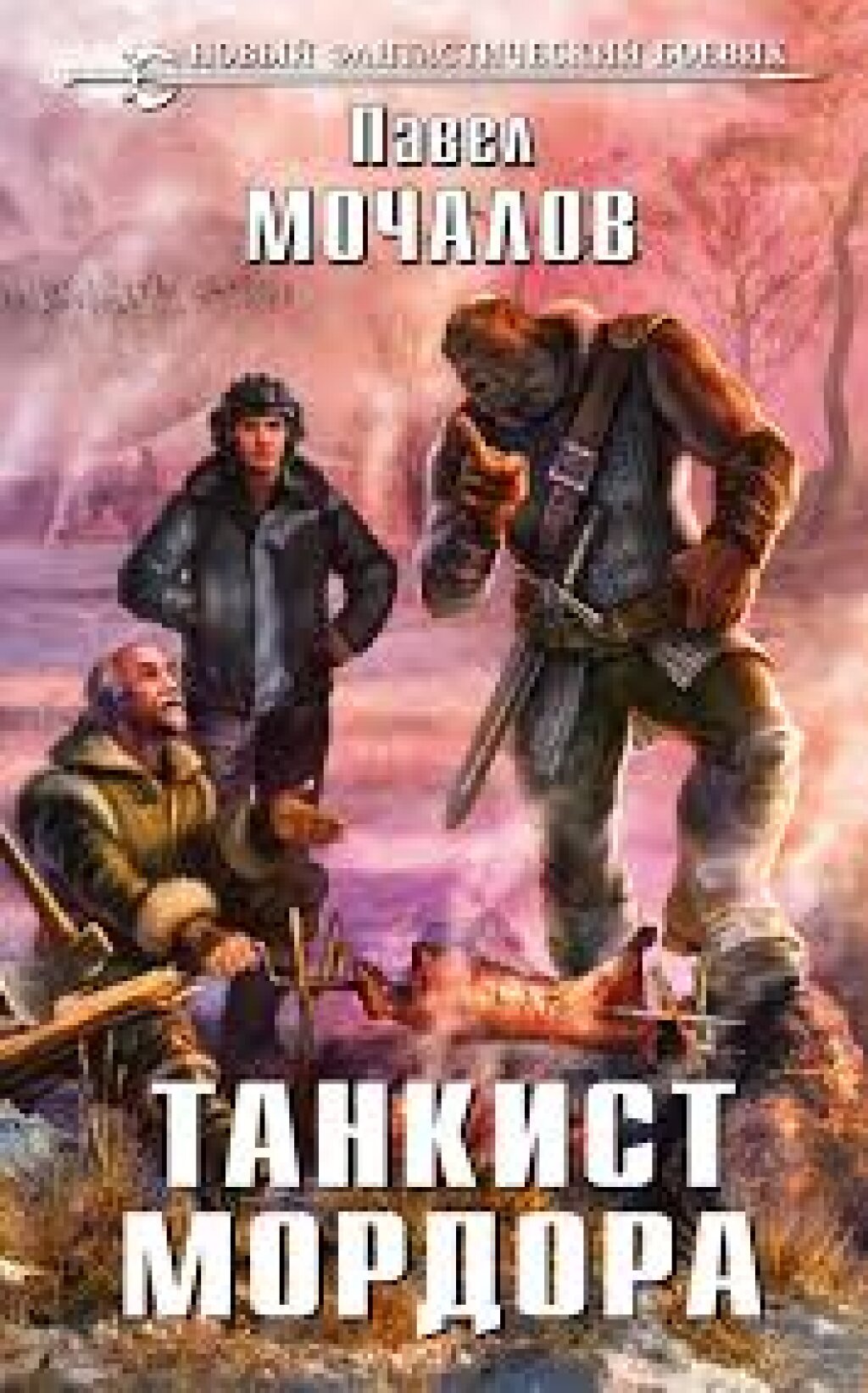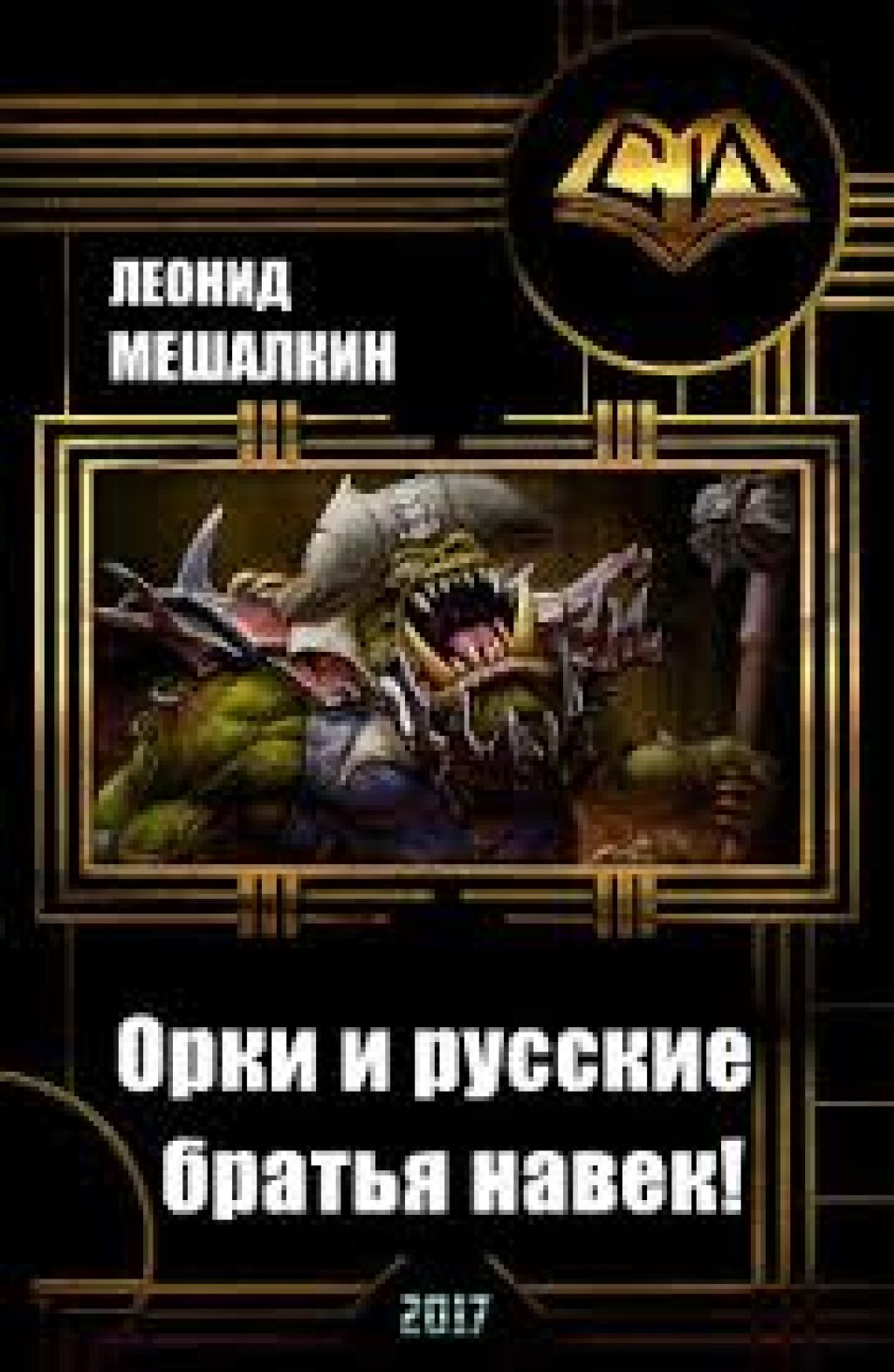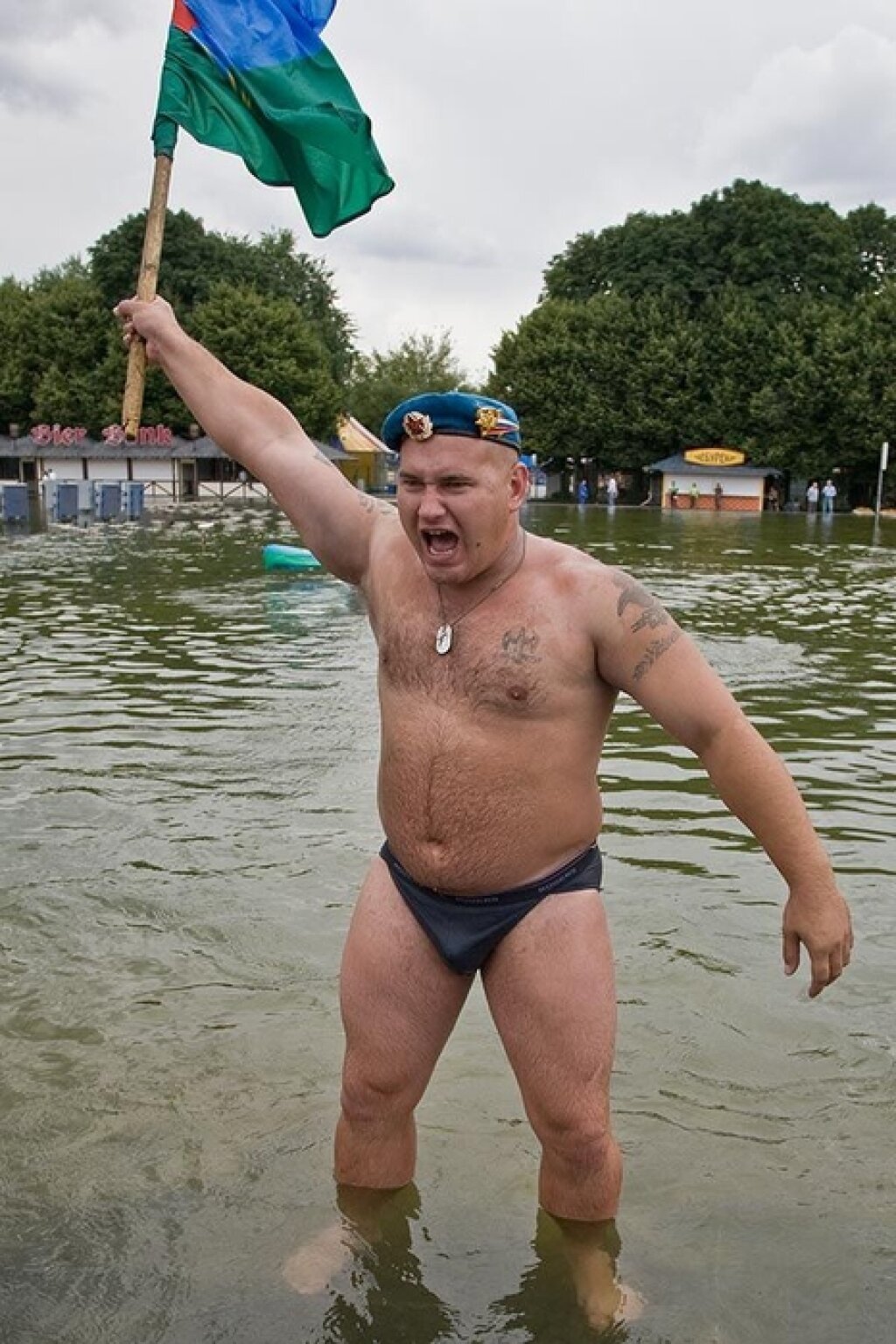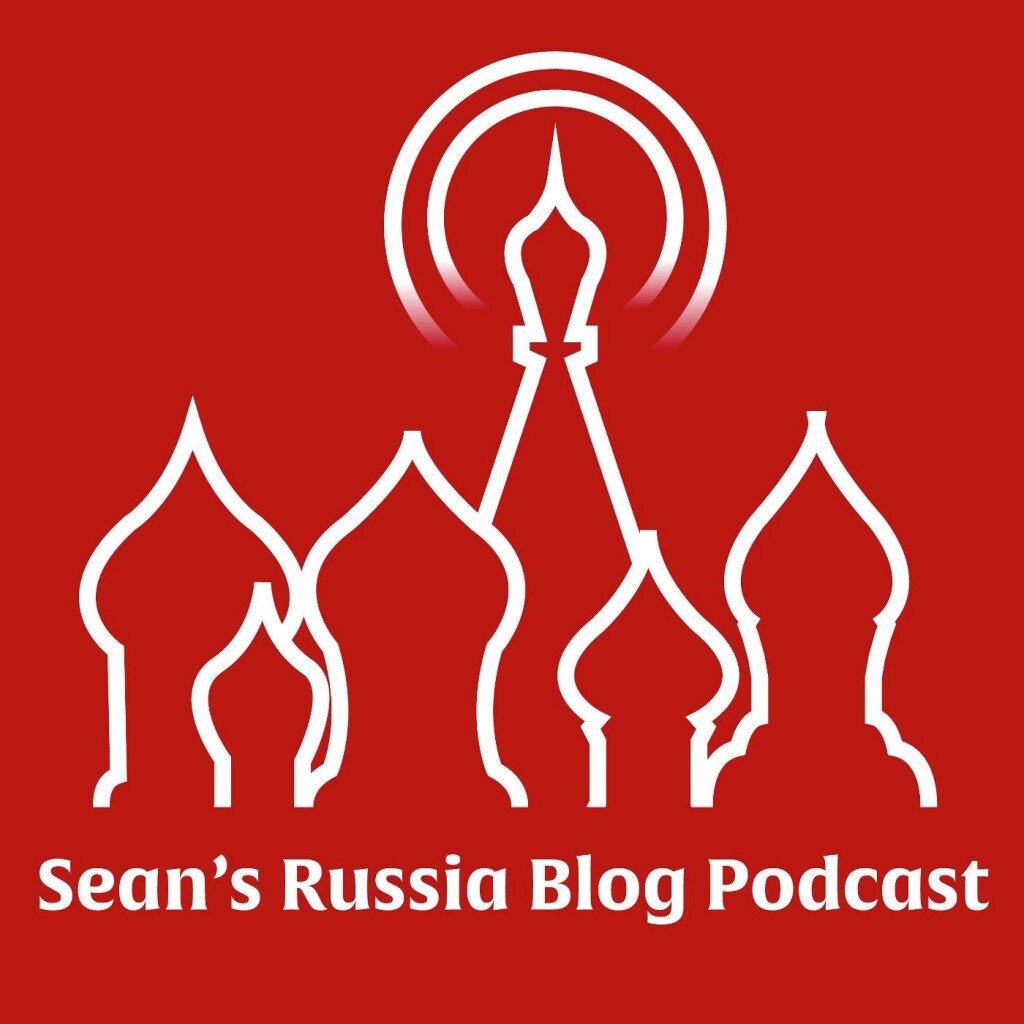This post is part of Chapter 3 of Russia’s Alien Nations: The Secret Identities of Post-Socialism, an ongoing feature on All the Russias. It can also be found at russiasaliennations.org. You can also find all the previous entries here.
An earlier version of part of this chapter was originally featured on plostagainstrussia.org, as Chapter Four. It was not included in the final manuscript.
The canon of non-canonical Russian Orc fiction continues to grow, though without much fanfare. Even hardcore fans of Russian fantasy and science fiction could be excused for missing the phenomenon, because, unlike the ever-popular tales of papadantsy (accidental travelers to other times and dimensions), it has yet to cohere into a recognizable sub-genre.
These books constitute a small handful of texts with a few key elements in common: post-Tolkien revisionism, to be sure, but almost always in the service of the aggressive, nationalist, and militaristic ideology we have already seen in Elizarov’s “Orc Song,” albeit without its playfulness and wit. I’ll discuss them only briefly at this point, because, to be honest, I haven’t finished reading them (a problem I will rectify in the next draft).
In 2014, Sergei Shkenev published a novel called Red Lord (Krasnyi vlastelin), whose blurb is delightful:
There’s never been a book like it! The most unexpected twist in the eternal “popadanets” plot. After his death in our reality, J.V. Stalin is reborn in a parallel Swords and Sorcery world.
The people’s Power (Derzhava) versus the aristocratic Empire! The Red Army versus cannibal dragon warriors! Can the Red Lord in his white jacket with a single Gold Star transform a magical war into a Patriotic War and once again lead his people to a Great Victory?
Has there really never been a book like it? Yes, in that the combination of Stalin and Tolkien (the word for “Lord” here is the same as in the Russian translation of LOTR) is certainly novel, but no, in that it is otherwise a mash-up of two very familiar narratives.
The readers’ comments on the Fantasy Worlds website are certainly edifying. A reader calling themself “Araviel” complains that Stalin is absent for most of the novel (a critique I want to adopt now for every novel I read, from The Color Purple to David Copperfield), which is admittedly a useful data point. Otherwise, the comments quickly devolve into arguments about Russian patriotism and insults lobbed at Ukraine and its supporters.
Pavel Mochalov’s 2017 The Tank Driver of Mordor (Tankist Mordora) is…exactly what it sounds like. A student at a Soviet tank drivers’ school finds himself in Mordor. The novel’s big selling point is that the hero is not a hypercompetent warrior, as is usually the case in the papadantsy genre, but an ordinary guy. In Mordor. Machalov’s book looks like a typical “chosen one” story, except the chosen one here seems to be tank itself. The hero, Sergei Popov, starts the novel in a twenty-first-century mental hospital, where no one believes that he had spend thirty-three years in Middle Earth thanks to a spell cast by the wizard Myron. Poor Popov has been transported to unknown lands twice in the course of the novel: first to Mordor, than to post-Soviet Russia. Myron brought him to his world in order to defend Mordor, “a model of statehood for all of Middle Earth”:
We represent ideal organization and order. Wherever we come to power, we put an end to the arbitrary rule of the little people who imagine themselves kings. Yes, sometimes our methods are harsh, but you can’t plant wheat without pulling up a few weeds, can you?…Unified power and unified order are the ideals of Mordor. We have brough the light of truth to the far east and south. But the west….
Among the peoples he encounters are Orcs, who are clearly inferior, but the leaders of Mordor hope that he will join in their eugenics plan, and mate with orc women to produce a stronger breed. That’s right: they want him to be the Jeffrey Epstein of Middle Earth.
Leonid Meshalkin’s 2014 short novel Orcs and Russians Are Brothers Forever! (Orki i Russkie—brat’ia navek!) is a particularly odd specimen. A work of fanfiction (fic) set in the universe of the multiplayer online role-playing game (MMORPG) “EVE Online,” it is also both an example and parody of a smaller subsection of neural-network themed EVE Online fanfiction called “khortiatina,” named after Igor Khort, who wrote a fic called “The Miner” (“Shakhter”) that inspired numerous imitators.
Orcs and Russians tries to be all things to all fic readers. It somehow combines the space opera of EVE Online with the tropes of epic fantasy (largely thanks to the main characters’ habit of whimsically naming the types of creatures he encounters after species found in LOTR and World of Warcraft), peppering this stew with frequent self-conscious, apparently humorous asides about the cliches of the papadantsy and khortiatina genres, all in the service of none-too-subtle nationalist geopolitical satire.
The hero, a papadanets named Vladimir Vol’fovich Shirokovskii, is an obvious stand-in for Neo-fascist parliamentarian Vladimir Vol’fovich Zhininovskii. He insists on naming his goblin aide-de-camp “Chubais” (after the architect of post-Soviet privatization), dreams of verbal jousting with the enemy of humanity, a thinly-veiled analog of human-rights activist Valeriia Novodvorskaia (“Starokhatskaia”), and pranks the idiots from “Pindosiia” (a version of a Russian slur for America) by teaching them Russian names for their weapons that actually mean “combat homo” and “combat lesbo,” as revenge against the Americans who dared refer to the Russian empire by the derogatory term “Rashka”. [1] I am halfway through this story, and have yet to see where it is going.
Finally, though it is not an Orc, book, I want to mention one more novel that will make it into the second draft: Viktor Dubchek's Red Padawan (2012). As we have seen, the “evil empire” meme in Russia depends not just on LOTR fandom, but on the universe of Star Wars, suggesting that there may be Star Wars-inflected fiction that serves the same function as pro-Orc nationalist F&SF. Red Padawan is yet another papadantsy story, but with a twist. Here Darth Vader and his armies are the accidental travelers, who find themselves orbiting Earth in 1941. Naturally, Vader forms an alliance with Stalin in order to fight the Second World War.
Surprisingly, this book gets a positive blurb from the best known Russian F&SF alive today: Sergei Lukyanenko, author of the Night Watch series. Lukyanenko admits that everything about this plot suggests that the book should be terrible:
Yet the most surprising thing is that at some point this joyful, ironic burlesque balanced on the edge of trash and farce becomes something greater than just a parody—and the author, without changing his facial expression, starts to speak of serious things.
This is precisely what turns off one fan reviewer, who expected ironic parody (“styob”), but was disappointed to find that the book was “socialist realist, hurrah-patriotic war fiction with all its ideological cliches”. In other words, perfect grist for our mill.
In my reading so far, Darth Vader has yet to land in Red Square. Which leaves me something to look forward to.
Note
[1] Never mind the fact that this term does not exist in English, and therefore is only used a slur against Russia by speakers of Russian.
Next: Orknash: Supporting the Home Team

